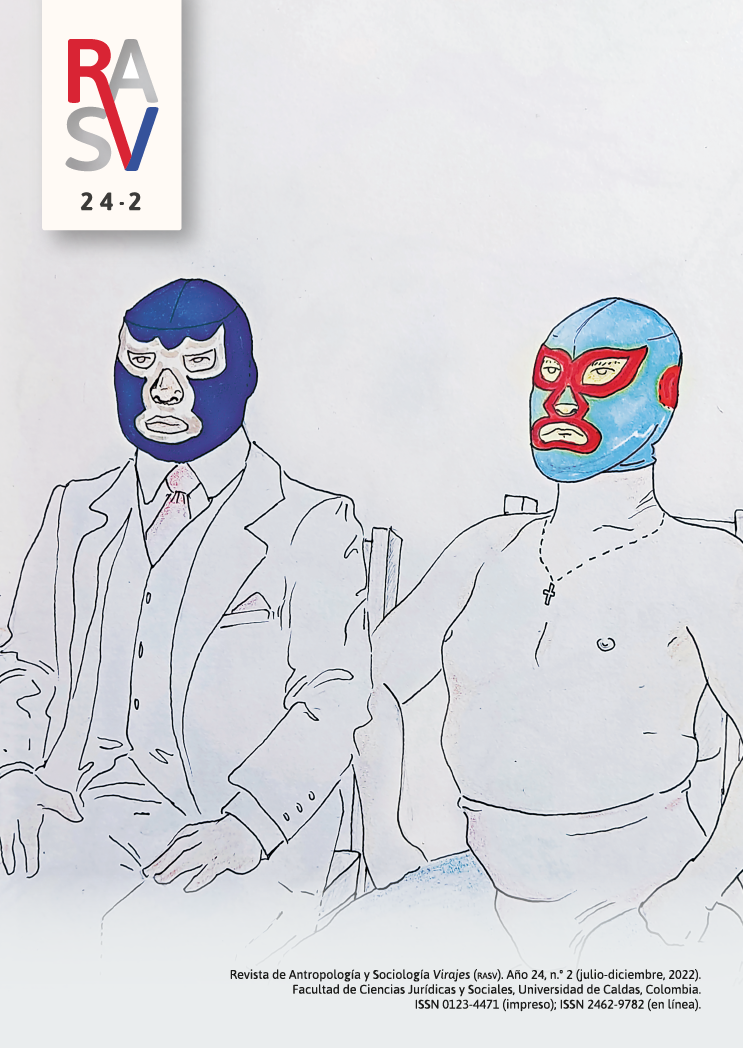Authors
Abstract
Enig Marcheur est un classique de la littérature de science-fiction. L’histoire se passe dans plus de 200 ans, bien longtemps après qu’un holocauste
nucléaire ait dévasté une grande partie de la population mondiale. Comme notre histoire, notre langue s’est effondrée, et l’ouvrage est rédigé dans une
langue dérivée de l’anglais. Cette particularité narrative est à l’origine de cet article. Son objectif est d’analyser cette variabilité dialectale, et de l’utiliser
comme base pour l’élaboration d’une réflexion relative à l’exercice anthropologique de la transcription. La littérature nous offre ici d’ importants outils qui nous permettraient de rendre compte fidèlement des dialectes et accents de nos interlocuteurs. La difficulté réside dans le passage de l’oral à l’écrit. Certaines solutions sont envisagées afin de témoigner de la diversité des langages, condition essentielle afin de faire pénétrer le lecteur dans un
monde particulier.
References
Bernstein, T., Nunnally, T. y Sabino, R. (eds.). (1997). Language Variety in the South Revisited. University of Alabama Press.
Cameron, D. (1995). Verbal Hygiene. Routledge.
Cavanaugh, J. (2005). Accent matters. Material consequences of sounding local in Northern Italy. Language and Communication, 25, 127-148.
Dos Santos, B. C. (2019). Zeladores de encantos. Memórias do Tronco Velho Pankararu (dissertación de maestria). Universidade Federal do Rio de Janeiro-Museu Nacional,
Rio de Janeiro.
Favret-Saada, J. y Contreras, J. (1981). Corps pour corps. Enquête sur la sorcellerie dans le Bocage. Éditions Gallimard.
Feld, S., Fox, A., Porcello, T. y Samuels, D. (2004). Vocal anthropology: from the music of language to the language of song. En A. Duranti (ed.), A Companion to Linguistic Anthropology (pp. 321-345). Blackwell Scientific Publishers.
Hinton, L., Moonwomon, B., Bremer, S., Luthin, H., Van Clay, M., Lerner, J. y Corcoran, H. (1987). It’s not just the Valley girls: a study of California English. En J. Aske, N. Beery, L. Michaelis and H. Filip (eds.), Proceedings of the 13th Annual Meeting of the Berkeley Linguistics Society (pp. 117-128). Berkeley Linguistics Series.
Irvine, J. (1989). When talk isn’t cheap: language and political economy. American Ethnologist, 16(2), 248-267.
Jakobson, R. (1959). On linguistic aspects of translation. On translation, 3, 232-239. Keane, W. (2003). Semiotics and the social analysis of material things. Language and Communication, 23(3-4), 409-425.
Labov, W. (1966). The Social Stratification of English in New York City. Center for Applied Linguistics, Arlington.
McConnell-Ginet, S. (1983). Intonation in a man’s world. En B. Thorne, C. Kramarae y N.
Henley (eds.), Language, Gender and Society (pp. 69-88). Newbury House.
Menta, C. (2020). Multiplicar los campos de investigación. Una multi-etnografía bajo el prisma de la práctica ritual con pueblos indígenas en la región Nordeste del Brasil. Revista de Antropología y Sociología: Virajes, 22(1), 13-36.
Moore, R. E. (2003). The genericide to viral marketing: on brand. Language and Communication, 23(3-4), 331-359.
Pacreau, F. (2011). On ne parle pas comme on écrit ou les questions soulevées par la transcription d’un témoignage oral. Les actes du congrès de l’Association Française d’Ethnologie et d’Anthropologie.
Schieffelin, B. y Doucet, R. (1994). The ‘‘Real’’ Haitian Creole: ideology, metalinguistics and orthographic choice. American Ethnologist, 21(1), 177-201.
Severi, C. (2015). Transmutating beings: a proposal for an anthropology of thought. En C. Severi y W. F. Hanks (eds.), Translating Worlds. The epistemological space of
translation. HAU Books.
Silverstein, M. (1996). Monoglot ‘‘Standard’’ in America: standardization and metaphors of linguistic hegemony. En D. Brenneis y R.H.S. Macauley (eds.), The Matrix of Language: Contemporary Linguistic Anthropology (pp. 284-306). Westview Press.
Traimond, B. (2008). L’anthropologie à l’époque de l’enregistreur de paroles. Bordeaux, William Blake and Co. et Art & Arts Éditions.

 PDF (Español)
PDF (Español)
 FLIP
FLIP



















